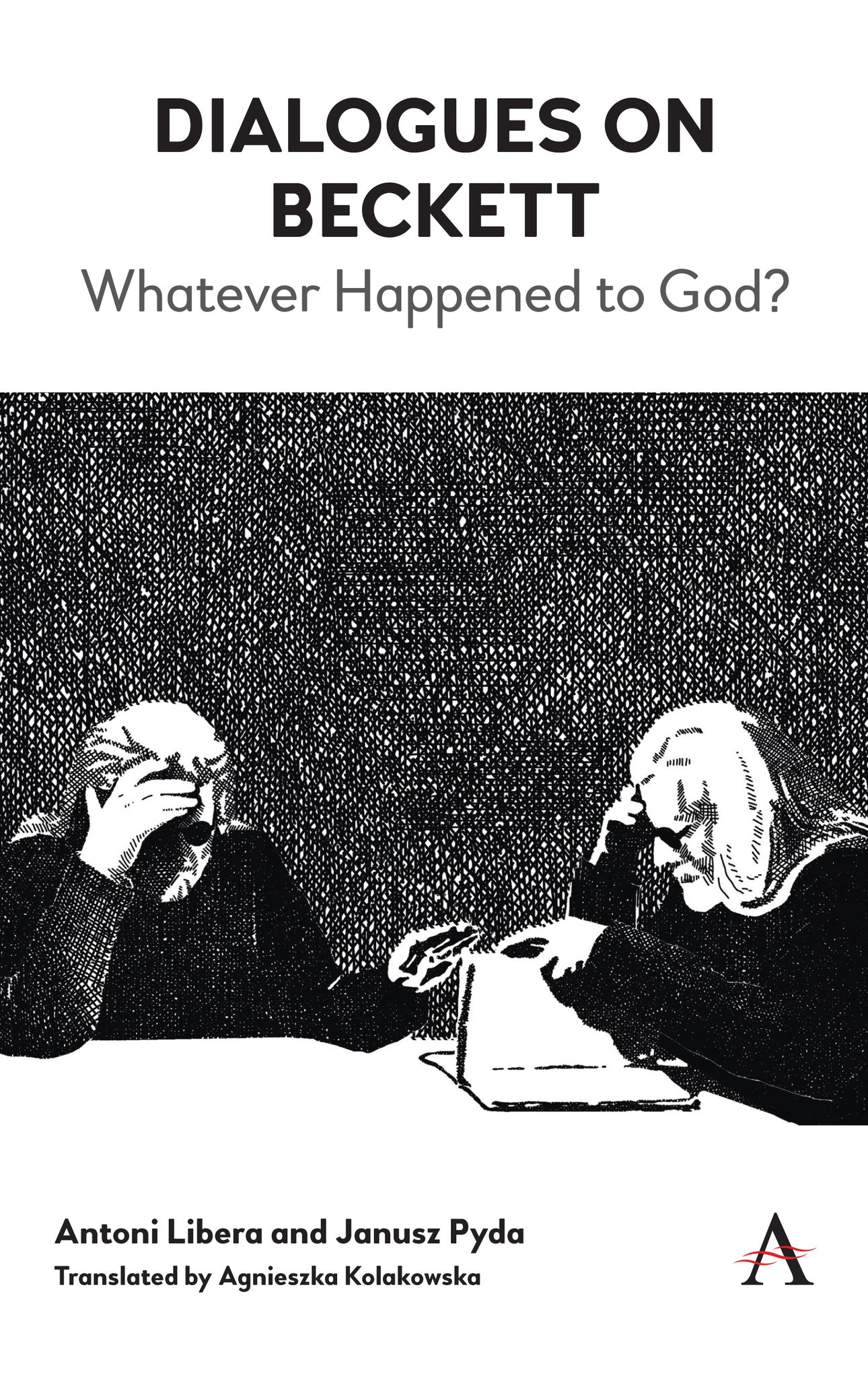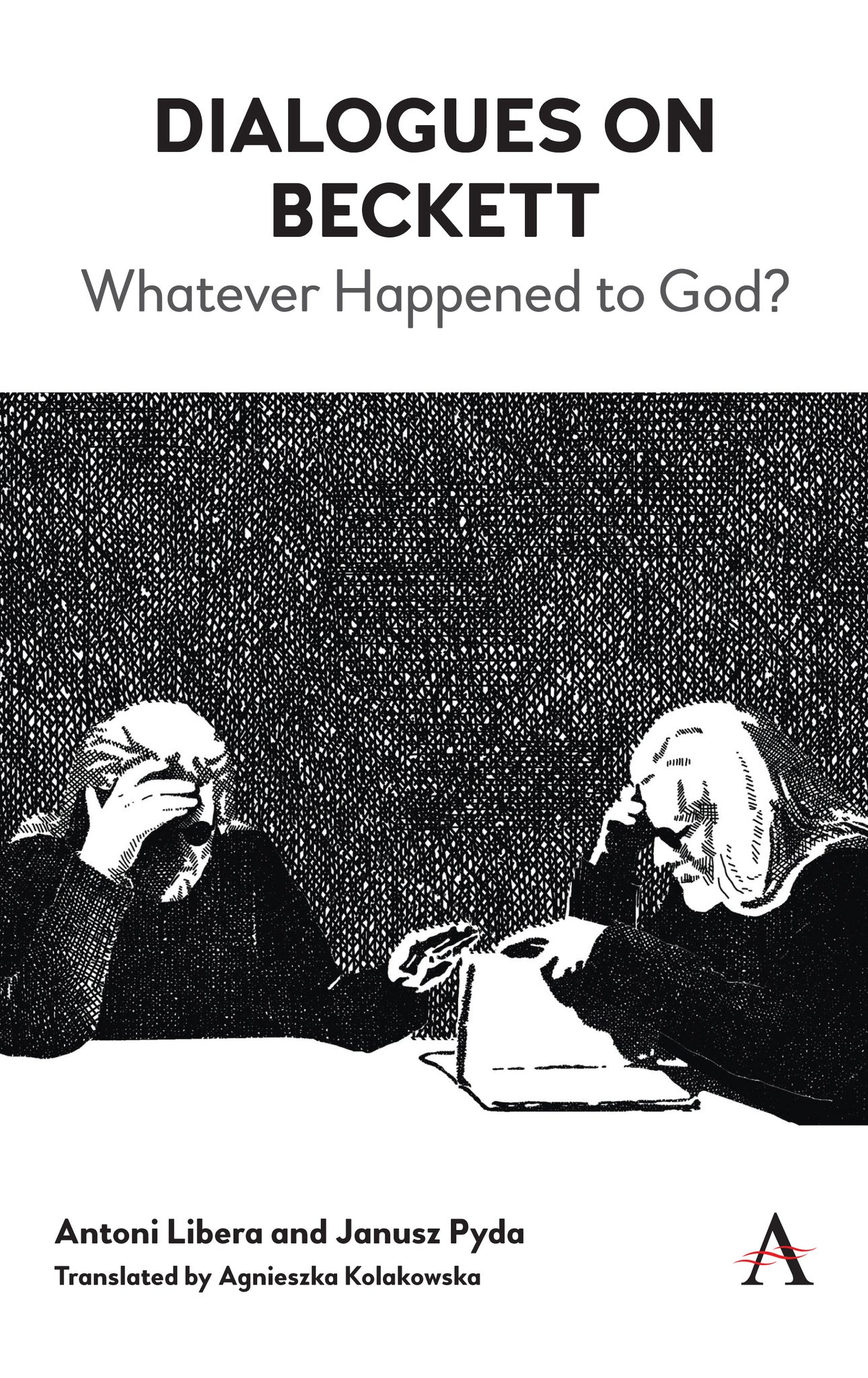We're sorry. An error has occurred
Please cancel or retry.
Dialogues on Beckett

Some error occured while loading the Quick View. Please close the Quick View and try reloading the page.
Couldn't load pickup availability
- Format:
-
28 February 2019

‘Dialogues on Beckett’ is a collection of 12 conversations about 12 plays by Samuel Beckett, discussions about the meaning of life and the universe between an agnostic and a Christian, based on a close reading of the text. It is also based on the thesis that Beckett’s main concern in his plays is Christian theology or, more broadly, the religious interpretation of the world. All his plays are an argument with that interpretation; in particular, they question the idea of theodicy and the philosophy of consolation. The aim of ‘Dialogues on Beckett’ is to make the reader aware of this essential theme in the playwright’s work, to interpret it in this light and to show his original approach to the subject. Beckett argues that we live in a post-Christian era. But for him this knowledge is no reason for joy; rather, it is a source of sadness, fear and even despair.

LITERARY CRITICISM / Drama

Authors’ Note, Samuel Beckett – The Last Literary Giant; Dialogue I: Messianism: Pros and Cons, ‘Waiting for Godot’ (1949); Dialogue II: The Tyranny of the Emancipated Mind, ‘Endgame’ (1956); Dialogue III: The Fiasco of Self-Creation, ‘Krapp’s Last Tape’ (1958); Dialogue IV: Incorrigible Optimism, ‘Happy Days’ (1961); Dialogue V: The Comic Side of Pessimism, ‘Rough for Theatre II’ (Late 1950s); Dialogue VI: Life as Purgatory, ‘Play’ (1962); Dialogue VII: Darkness and Forms of Speech, ‘Not I’ (1972); Dialogue VIII: Inventing Oneself, ‘That Time’ (1974); Dialogue IX: Life without a Father, ‘Footfalls’ (1975); Dialogue X: Creatures of the Night, ‘… But the Clouds …’ (1976); Dialogue XI: The Abyss of the Unconscious, ‘Ohio Impromptu’ (1981); Dialogue XII: Catastrophe with No Tragedy, ‘Catastrophe’ (1982).



